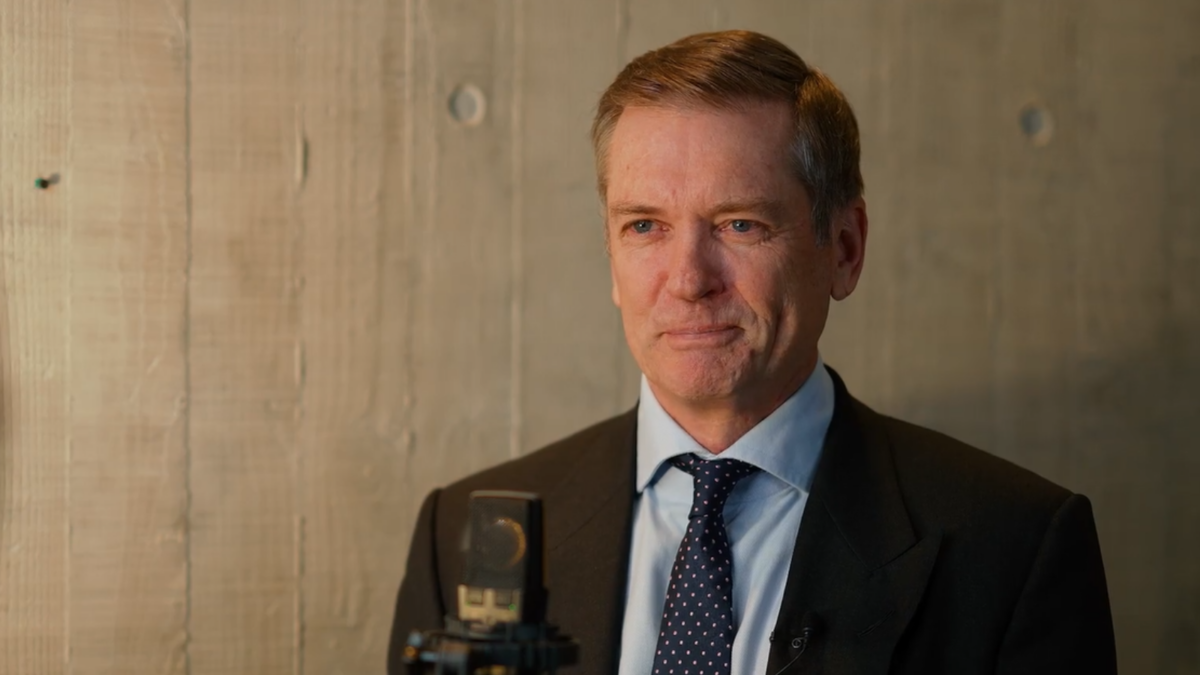Advisers, is this our Kodak moment?
The expression Kodak moment is a euphemism for a business that fails to foresee tectonic changes to their industry and consequently goes from being a market leader to a minnow or, in Kodak’s case, bankrupt.
For most of the 20th century, Kodak dominated the photographic film industry but the organisation failed to foresee and respond to the rise of digital photography, ultimately leading to its demise.
Kodak is a warning to business leaders who are clinging stubbornly to traditional advice models, based on product and old-fashioned engagement methods.
Look no further than the ailing number of advisers and advised clients, and observations in Treasury’s Quality of Advice (QAR) Consultation Paper for evidence of an industry under enormous pressure. Major changes are set to occur.
Widespread technological development and adoption is inevitable.
It is quiet incredible how little the financial services industry has progressed on that front in the past 20 years; a period of great technological advancement. Technology has solved many of society’s problems.
It has underpinned advancements in agriculture and food production, manufacturing, medicine, science, telecommunications, engineering and transportation.
Yet, financial services remains largely paper-based and reliant on manual processes.
The technology that is being used is clunky and archaic. Mandated growth is largely to blame.
As the expression goes, necessity is the mother of invention, and the industry has managed to grow year after year without really trying.
Compulsory super is a rich aunt
Compulsory superannuation is like a rich aunt who let’s you and your family live in her spare apartment rent free.
At face value, it’s an extremely generous act that has given you a head start and underpinned your lifestyle.
There’s no pressure to buy your own home, push for a promotion and pay rise, or undertake additional study to make yourself more employable.
Over time, you become complacent, possibly entitled. Meanwhile, your friends are buying their own homes and progressing in their career. They are raising accomplished and ambitious children.
Like that generous aunt, compulsory super has stunted the financial services industry’s development.
The latest Mercer and the CFA Institute Global Pension Index ranked Australia’s superannuation system sixth in the world, down from fourth in 2020 and third in 2019.
Mandated growth has curbed the industry’s desire, ability and need to innovate. All the back slapping and posturing about Australia’s ‘market-leading’ super system, backed by record funds under management, has glossed over the fact that the industry has failed to innovate in major areas like retirement incomes, member engagement and data analytics.
Ironically, it is the mandated growth of super that has stifled the industry’s growth. It has come at a significant opportunity cost.
But this inertia can’t go on forever.
It is clear from the QAR that the government wants to kick-start greater technology investment, innovation and progress in financial advice. It sees digital advice as the key to making personal advice more accessible and affordable to more Australians.
If existing players fail to see that imminent change is on the horizon and act appropriately, others will. They’ll come from left field just like GoPro did in the video and photography sector.
GoPro, led by a California surfer, dared to challenge the likes of Kodak and Fuji despite having no film or camera pedigree.
At the same time incumbents like Canon and Nikon, organisations rich in history and experience, ramped up their investment in digital technology.
The assault on Kodak and Fuji came from both sides, with newcomers and incumbents sharing the spoils.
Advice businesses that want to continue growing must forget the past and look to the future.
They must evolve their value proposition, and systems and processes, to meet the future needs of their future clients. Those that don’t risk not being around in 5 to 10 years’ time.
Nigel Baker is the principal of Arch Capital and founder of Scientiam.










